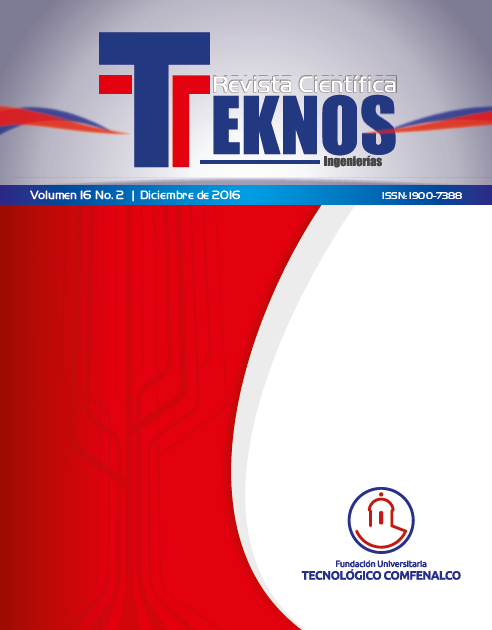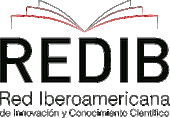«-Eu que fiz!» The production of short films as a technological strategy for authorship, learning and inclusion (May 2016)
DOI:
https://doi.org/10.25044/25392190.821Keywords:
Short films, Tecnology, Social inclusion, Learning, Own authorship.Abstract
This report addresses the issue of a pedagogical practice that used the production of short films as a strategy of own authorship, learning and social inclusion. The project it ocurred in the year two thousand and fifteen, with ten fourth and fifth year students attending the so-called “Learning Laboratory” and also students with mental desabilities, who were and still are part of the Specialized Educacional Service of a school in the city of Novo Hamburgo, metropolitan region of Porto Alegre, Rio Grande do Sul/Brazil. It proposes a reflection and brings visibility to the differences of those we call students with “learning difficulties” and studens with menta desabilities. There are different ways of looking at the differences that emerge in the school environment. The proposal is that the reader try to contemplate the potentialities oh these subjects and not their dificulties or their deficiency. That puts the “lens of creation”, of own authorship and of the pleasure that is built and circulates at the level of the individualities, as of the collective from this technological-creative artifact. The production of short films appears as a toolto demonstratehow the protagonism of the student can be strengthened trought the own authorship.Downloads
References
Freire, P. (2003). Pedagogia da Esperança: um reencontro com a pedagogia do oprimido.. 11ª ed. São Paulo: Paz e Terra .
González Rey, F. (2005). Pesquisa Qualitativa e Subjetividade: os processos de construção da informação. Trad. Marcel Aristides Ferrara Silva. São Paulo: Pioneira Thompson Learning.
Minayo de S. O, M. C. S. (2010). desafio do conhecimento: pesquisa qualitativa em Saúde. 12ª Ed. São Paulo: Hucitec-Abrasco.
Moran, J. M. (1993). Leituras dos Meios de Comunicação. São Paulo: Ed. Pancast.
Pereira, J. & Janhke, G. (2012). A produção de vídeo na escola Educar com Prazer. Estudo de caso. Escola Independência Pelotas. Pelotas: ERD Filmes.
Yin, R. K. (2003). Case study research, design and methods. 3rd ed. Newbury Park: Sage Publications.
Downloads
Published
How to Cite
Issue
Section








